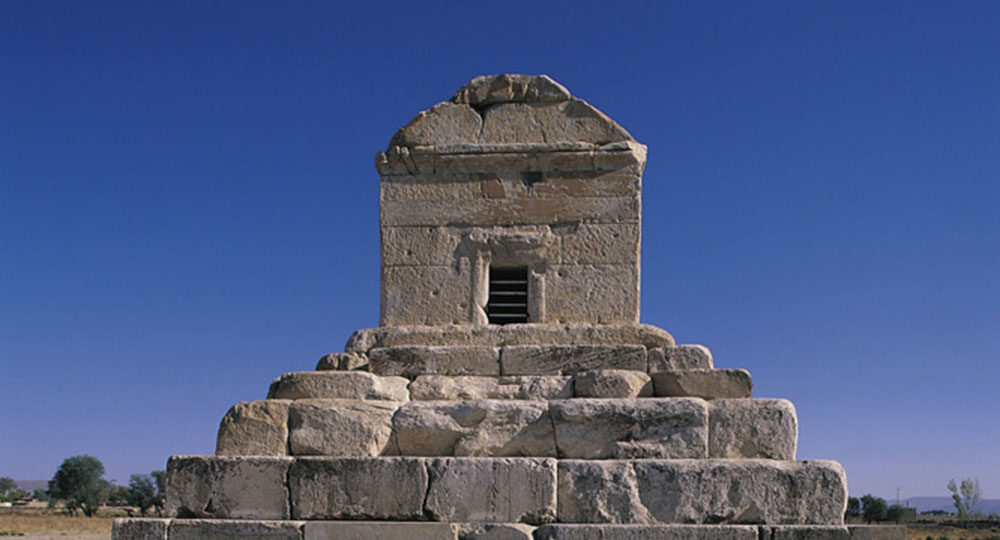


The God-haters are out to remake America in their image. It will be a fight to the death. But there are some things they aren’t counting on.
He is called the Hidden Imam. No one knows the hour of his return. But he will rule the world, which will acknowledge Islam as the true religion. Who is he? He is the Islamic messiah.
Even though other Muslims have ruled Iran, Ahmadinejad is different. He claims he has a direct connection to God and will usher in the Mahdi. Unfortunately, his faith has worldwide implications.
The bear is back. He’s on the move. Surprised? You shouldn’t be. It’s all in the book of Ezekiel.
Too many Christians today are asleep in the pews and don’t understand what big changes are taking place in the world. Dr. Rogers has a cure. And everyone should take it.